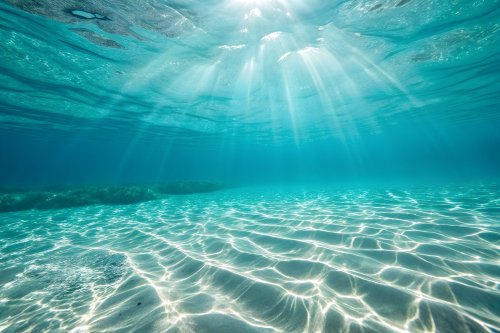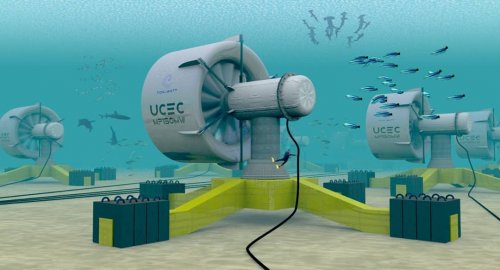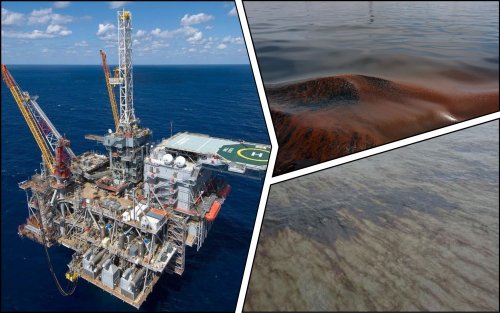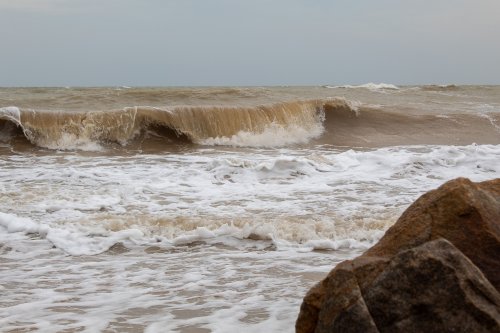More than 100 countries have signed the first UN international treaty on the protection of the high seas, that is, parts of the world's oceans outside the countries' economic zones.
The European Commission called the agreement a "historic moment", and Sweden - the most important international environmental agreement since the Paris Agreement in 2015, EURACTIV reports.
It is noted that the negotiations on the protection of the open sea continued for 15 years. The agreement will be officially adopted later, when it will be reviewed by lawyers and translated into the six official languages of the UN.
The article said that the agreement is an important link in achieving the goal of protecting 30% of land and sea. The 30 by 30 target was agreed upon in Montreal in December 2022.
"The agreement is a victory for multilateralism and global efforts to counter destructive trends that threaten ocean health now and for future generations," said UN Secretary-General Antonio Guterres.
"With the agreement on the UN Treaty on the High Seas, we are taking a decisive step forward to conserve the marine life and biodiversity that are vital for us and future generations," said Virginius Sinkevičius, European Commissioner for Environment, Oceans and Fisheries.
The article emphasized that the open sea does not fall under the jurisdiction of any country. It makes up more than 60% of the world's oceans and almost half of the planet's surface. The open sea has long attracted much less attention than coastal waters.
“Ocean ecosystems produce half of the oxygen humans breathe and limit global warming by absorbing much of the carbon dioxide emitted by human activities. But they are threatened by climate change, pollution and overfishing," the authors emphasized.
They added that currently about 1% of this territory is protected. When the new treaty enters into force, it will allow the creation of marine protected areas in these international waters. The treaty will also oblige countries to conduct environmental impact assessments of proposed activities in the high seas.
The report explained that economic interests were the main stumbling block during the latest round of negotiations, with developing countries clamoring for a greater share of the spoils from the "blue economy," including technology transfers. This delayed the negotiations.
It is noted that the European Union has pledged €40 million to facilitate the ratification of the treaty and its rapid implementation.
Greenpeace activists emphasized that it is necessary to protect 11 million km2 of the ocean every year in order to achieve the goals of the "30 for 30" program.
Earlier, EcoPolitic wrote, that in the UN during the week of August 22-27, the governments negotiated a new Global Ocean Treaty, which will decide the future of the Earth's oceans.
As EcoPolitic previously reported, scientists discovered a new type of coastal pollution, consisting mainly of oil and plastic, on the Canary Islands in the Spanish region, which they proposed to call "plastitar".





